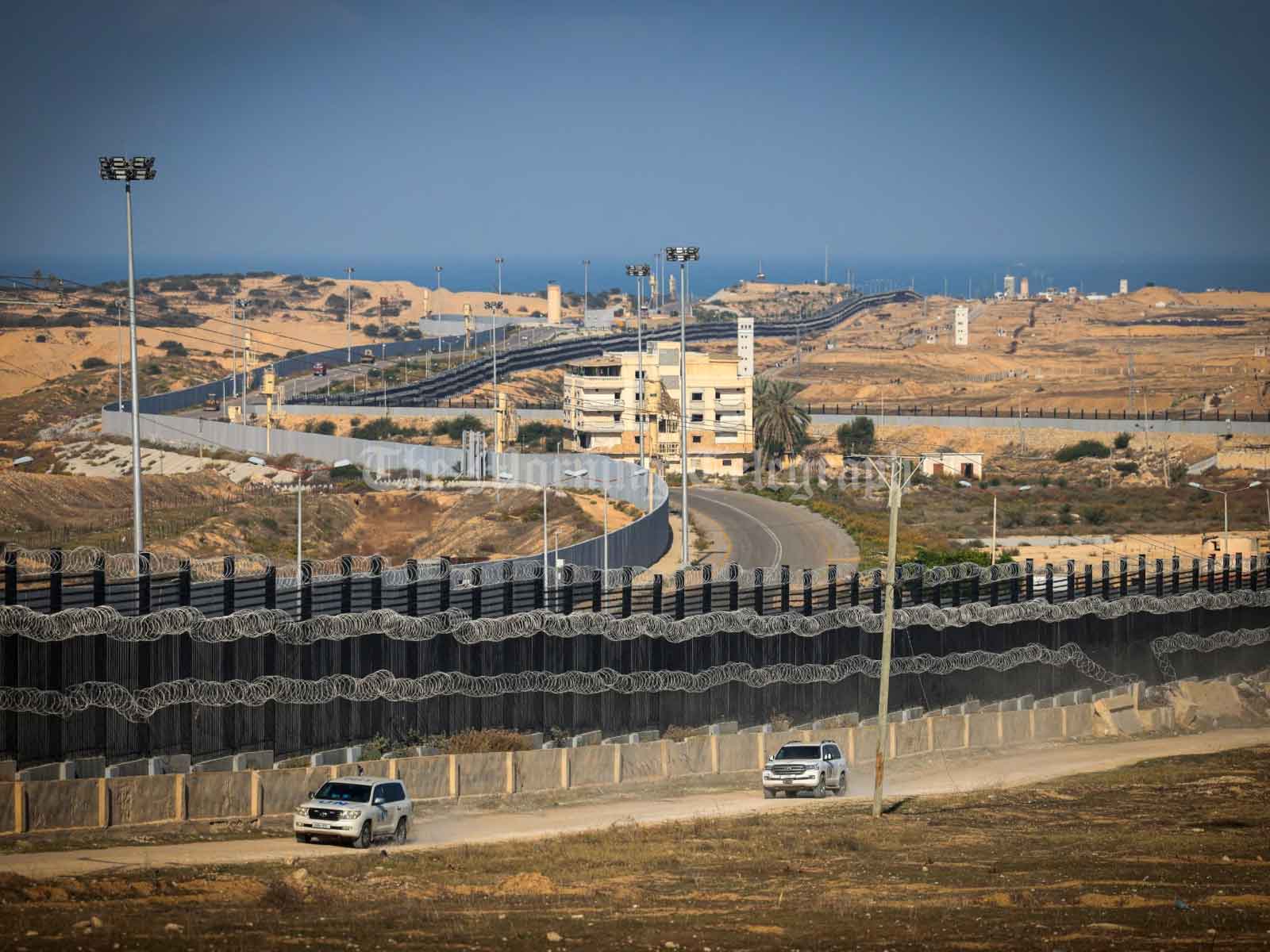
Israel's Demand for Gaza Corridor Control Threatens Cease-Fire Talks
Israel’s insistence on maintaining control over two key corridors in Gaza— the Philadelphi corridor along the Gaza-Egypt border and the Netzarim corridor separating northern and southern Gaza— is jeopardizing ongoing cease-fire negotiations. These demands, which have been a sticking point in talks aimed at ending the ten-month conflict and securing the release of hostages, are being fiercely opposed by Hamas and Egypt.
The Philadelphi corridor is a narrow strip running the length of the Gaza-Egypt border, where Israel argues that a military presence is necessary to prevent Hamas from using underground tunnels to smuggle weapons into Gaza. Israel claims that these tunnels have played a significant role in enabling Hamas to build up its military capabilities, leading to the outbreak of the current war in October.
The Netzarim corridor, which Israel also seeks to control, cuts off northern Gaza from the southern part of the territory. Israel justifies its demand by arguing that it needs to prevent militants from returning to the north, which has been largely isolated since the conflict began. This area is also critical for managing the return of displaced Palestinians to their homes without allowing them to bring weapons.
Hamas, however, views any Israeli presence in these corridors as an extension of military occupation and has outright rejected the demands. Egypt, serving as a key mediator in the talks, is equally opposed, warning that Israeli control along its border with Gaza could undermine the 1979 peace treaty between the two nations. Egypt has also refused to open its side of the Rafah crossing until Israel relinquishes control on the Gaza side.
Should these cease-fire talks fail, the conflict could drag on indefinitely, worsening the already dire humanitarian situation in Gaza and potentially triggering a broader regional conflict, particularly involving Iran or Hezbollah.




